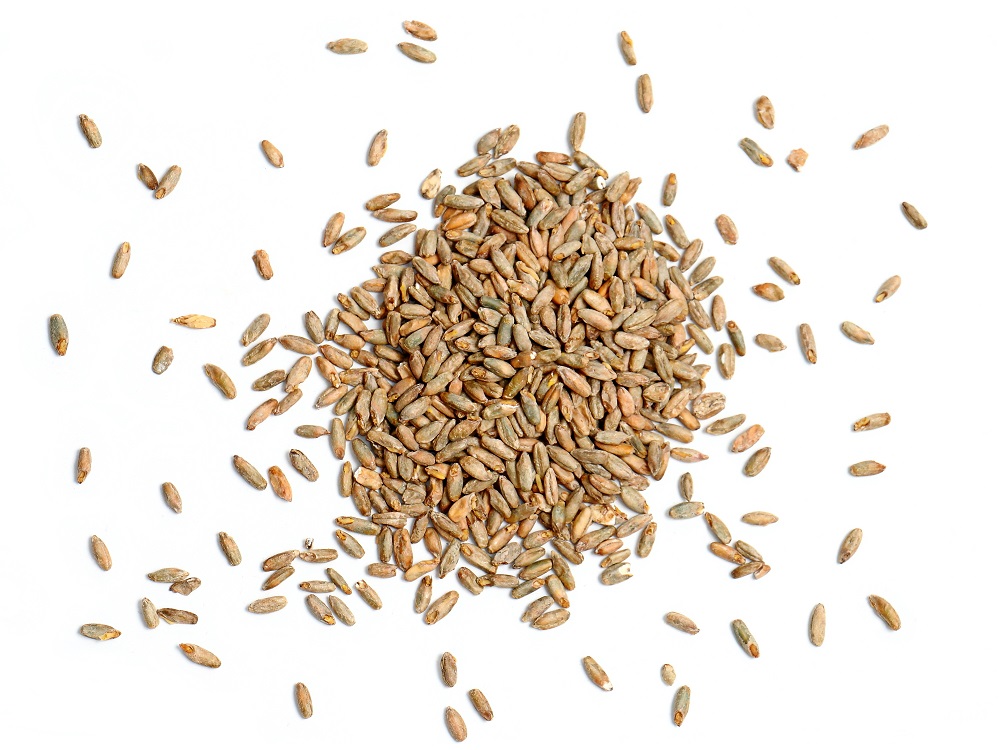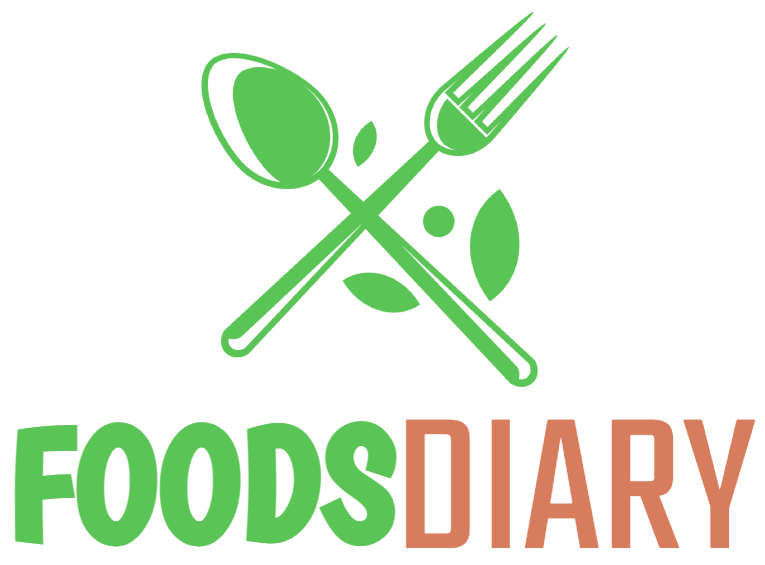Rye has certain nutritional attributes that are even superior to other cereals, thus making it an ideal candidate for almost any diet. But in the case of celiac people, it is normal for us to ask ourselves: does rye have gluten? If you do not know the answer, we will clarify this question in detail and we will comment on other relevant aspects about this topic, starting from the basics below read on and finds out with us whether or not rye is gluten-free and, if so, how much gluten it contains. Do not miss it!
What is protamine?
Protamine is storage or reserve proteins present in the endosperm of cereals and fulfill several important functions in our lives: they store minerals such as iron, thus allowing it to fulfill certain essential uses for our organism, and, in addition, they provide extensibility and elasticity in food. Due to the functional properties that we have mentioned, protamine have been the object of study for some time, but also due to a less positive aspect, the well-known gastrointestinal pathology called celiac disease (CD). Currently, the only effective treatment to reverse the symptoms of this disease consists of a strict and permanent gluten-free diet, that is, free of certain polyamines. In this sense, it is important to highlight that each protamine or reserve protein has its name, depending on the cereal: sealing (oats), glia din (wheat), etc.
But where are protamine found? These proteins are contained in all cereals and have different names and percentages. Until now, it is still being studied how each one affects the organism. However, regarding the literature on the matter, we still do not have much left to say if the cause of the disease is linked only to the amount of protamine in some cereals or if it is the genetic structure of some protamine (as is the case of the glia dins); although it is implied that it could be both aspects combined. In addition, there are different levels of intolerance in each individual, for this reason only the doctor will be able to diagnose the spectrum of gluten sensitivity of each patient, thus allowing a personalized diet where certain cereals considered gluten-free and even other foods could even be excluded or, on the contrary, include products such as oatmeal.
Does rye have gluten?
Yes, rye has gluten, because its protamine levels are very high (scaling), it is a member of the wheat family and its genetic structure is very similar to the glia dins of that cereal, it is usually grown near wheat fields and is even industrially processed together with the same. For this reason, celiac should consume only foods with labels that say “No TACC”, which means: without wheat, oats, barley and rye. In other words, any industrial product that a celiac consumes must be clearly identified with these acronyms, even in those foods that are naturally considered gluten-free, but have been processed industrially, since they may have been exposed to cross-contamination during their treatment, among their ingredients there are cereals with gluten or any of its derivatives.
Despite all of the above, it is interesting to mention that although oats are classified in the group of cereals prohibited for celiac, in some cases it can be consumed by them, as it contains a very low gluten content, although two other very important factors must be considered. Important, as we mentioned before: the level of sensitivity of the individual and the way in which the cereal was handled, because, depending on the case, a cross-reaction or cross-contamination (even both) can occur. For this reason, for a celiac to consume oatmeal, the packaging must specify that the product is gluten-free.
How much gluten does rye have?
Rye has between 46-52% of a protamine called sealing, that is, it contains between 46-52% of gluten.
Does rye flour have gluten?
All products derived from rye, including flour, contain gluten in amounts that negatively affect people with celiac disease. Likewise, the rest of the cereals included in the acronym of TACC (and also some others not included in these acronyms) and their derived products have the same effect, except for oats, which only affects depending on certain factors, as we mentioned before. If you were wondering if rye has gluten, now you know the answer, but keep reading to find out which cereals overcome it and which do not.
Tip: Glia din in wheat is molecularly similar to dairy, yeast, and other grains.
Does rye have less gluten than wheat?
Yes, rye contains 46-52% sealing, while wheat provides 69% glia din. It is also surpassed by corn with 55% seen and equal to sorghum with 52% carafe. They are then followed in decreasing order: millet with 40% panic in, barley with 30-50% horde in, oats with 16% evening, tiff with 12%, and rice with 5% renin. Perhaps after reading this information you are curious to know what other cereals have gluten, then satisfy your curiosity by reading our articles: “Does corn have gluten?” and ” Does rice have gluten or not?”
On the other hand, although quinoa, amaranth and buckwheat are “pseudo cereals” that are generally well tolerated by celiac, since they do not belong to the grass family (wheat, barley, corn, etc.) but to other families botanicals, during their industrial handling or storage can be exposed to cross-contamination. You see another interesting fact for all of us who were wondering if rye has gluten.
What has more gluten, spelled or rye?
Spelled provides the same amount of gluten as wheat and kaput, as it contains 69% alpha glia din (that makes it one of the cereals with the most gluten in existence), thus surpassing rye, which, remember, contains between 46- 52% sealing. However, for people who are not celiac, spelled and rye are an excellent alternative if they want to replace wheat, as their nutritional profiles are much better and they are also easier to digest.
Currently, the possibility of removing gluten from wheat and other cereals, using genetics, is being studied.



